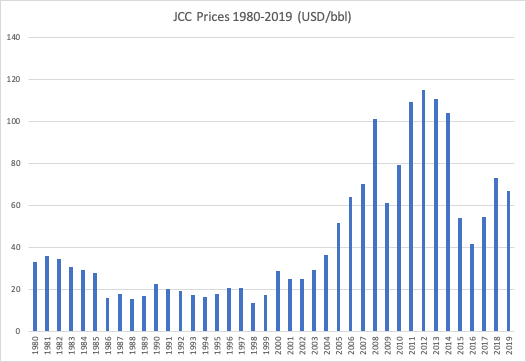Hong Kong's Interest Rate Decline Signals Global Market Concerns

In recent weeks, overnight interest rates in Hong Kong have hovered just above zero percent, prompting concerns among economists and financial analysts regarding the implications for global markets. This unexpected stagnation reflects a broader unease surrounding economic policies and geopolitical tensions, particularly in relation to the United States under former President Donald Trump.
According to the Hong Kong Monetary Authority (HKMA), rates have remained low due to a combination of factors including a sluggish economic recovery and inflationary pressures not translating into higher borrowing costs. The HKMA’s Chief Executive, Eddie Yue, stated in a press release on October 1, 2023, that the authority is closely monitoring the situation but believes that a gradual normalization of rates is likely in the coming months.
The current state of Hong Kong’s interest rates is particularly significant in the context of global financial trends. As noted by Dr. Michael Chen, a financial economist at the University of Hong Kong, “The low interest rate environment in Hong Kong may signal a wider trend of capital flight from Asia as investors seek safer havens amidst uncertainty.” This sentiment is echoed by a report from the Asian Development Bank, which indicates that regional economies are beginning to feel the impact of shifting investment patterns as global markets react to changing U.S. policies.
Historically, Hong Kong has been viewed as a bellwether for Asian markets due to its unique economic structure and close ties to mainland China. The low rates could inspire a ripple effect, influencing monetary policy decisions in other Asian economies. For instance, Singapore and South Korea may reconsider their own interest rates as they observe the developments in Hong Kong. According to a study published in the Journal of Asian Economics in September 2023, the correlation between Hong Kong’s rates and those of its neighbors has been strong, particularly during periods of economic uncertainty.
Furthermore, experts warn that the implications of Hong Kong's rate slump extend beyond regional borders. The International Monetary Fund (IMF) in its October 2023 World Economic Outlook highlighted that low interest rates could lead to increased volatility in emerging markets, as capital flows shift in response to perceived risk.”
In addition to financial implications, the social and political landscape in Hong Kong is also affected. As local businesses struggle with the repercussions of low borrowing costs, there is a growing concern that this could exacerbate existing inequalities. Professor Linda Wong, a sociologist at the Chinese University of Hong Kong, argues that “the economic challenges presented by stagnant interest rates may lead to increased social unrest, particularly among lower-income groups who feel the brunt of economic policies.”
As the situation unfolds, analysts suggest that stakeholders must remain vigilant. The potential for a cascading effect on global markets warrants close scrutiny. The intertwining of local and international policies could shape the economic landscape significantly in the coming months.
In conclusion, Hong Kong's low interest rates serve as a warning light for global markets. As regional economies respond to these changes, the ripples of Hong Kong’s monetary policy decisions could have far-reaching effects, influencing everything from investment strategies to social stability. The world watches closely, as the next moves from both the HKMA and the U.S. Federal Reserve could define the trajectory of global financial confidence in the near future.
Advertisement
Tags
Advertisement





